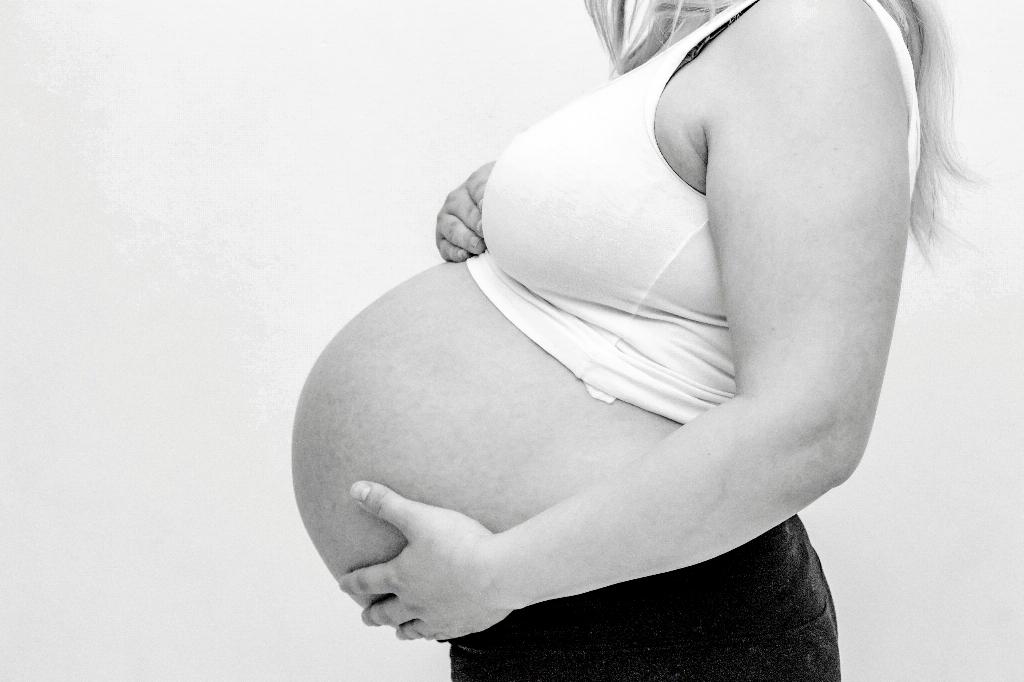Deciding when to start taking prenatal vitamins when pregnant is a significant consideration. It is crucial to start thinking about your prenatal vitamin intake even before conception to ensure you are providing your body with the essential nutrients it needs for a healthy pregnancy. Ideally, it is recommended to start taking prenatal vitamins at least one month before you plan to conceive.
When you are trying to conceive, your body will benefit greatly from the early intake of prenatal vitamins. Preparing your body with necessary nutrients in advance can help support a healthy environment for conception and early pregnancy. Therefore, starting prenatal vitamins before pregnancy can be a proactive step towards ensuring a healthy start for your future baby.
During the first few weeks of pregnancy, the development of the baby’s neural tube occurs. This is a crucial stage where the baby’s brain and spinal cord begin to form. Research suggests that women who start taking prenatal vitamins before conceiving and continue during the initial weeks of pregnancy have a reduced risk of certain birth defects associated with the neural tube.
It is important to note that prenatal vitamins are specifically formulated to provide the necessary nutrients that support a healthy pregnancy. These nutrients, such as folic acid, iron, calcium, and vitamin D, play a vital role in the development of the fetus and can help prevent some birth defects. Therefore, starting prenatal vitamins before pregnancy ensures that your body is adequately supplied with these essential nutrients right from the start.
Even if you have already conceived and find out that you are pregnant, it is not too late to start taking prenatal vitamins. The key is to begin as soon as you are aware of your pregnancy. The first trimester, which is the initial 12 weeks of pregnancy, is a critical period for fetal development. By starting prenatal vitamins during this time, you can still provide crucial nutrients for your baby’s growth and development.
Some women may experience morning sickness during the early stages of pregnancy, which can make it challenging to keep food down, let alone take prenatal vitamins. In such cases, there are prenatal vitamin options available that are gentle on the stomach and can be taken without causing nausea. It is essential to discuss any concerns with your healthcare provider to find a suitable prenatal vitamin that works for you.
Consulting with your healthcare provider before starting any new supplement, including prenatal vitamins, is always recommended, especially if you have specific health conditions or are taking other medications. Your physician can provide personalized guidance based on your individual health needs and ensure that you are taking the right prenatal vitamin for your pregnancy.
Starting prenatal vitamins early in your pregnancy journey can offer numerous benefits for both you and your developing baby. These essential nutrients can support the healthy growth and development of the fetus, help prevent birth defects, and promote overall maternal health during pregnancy. By making prenatal vitamins a part of your daily routine, you are taking proactive steps towards a healthy and successful pregnancy.
In conclusion, the best time to start taking prenatal vitamins when pregnant is ideally at least one month before conception, but certainly during the first 12 weeks of pregnancy. Whether you are planning to conceive or have already become pregnant, incorporating prenatal vitamins into your daily routine can contribute to a healthier pregnancy and better outcomes for both you and your baby.

